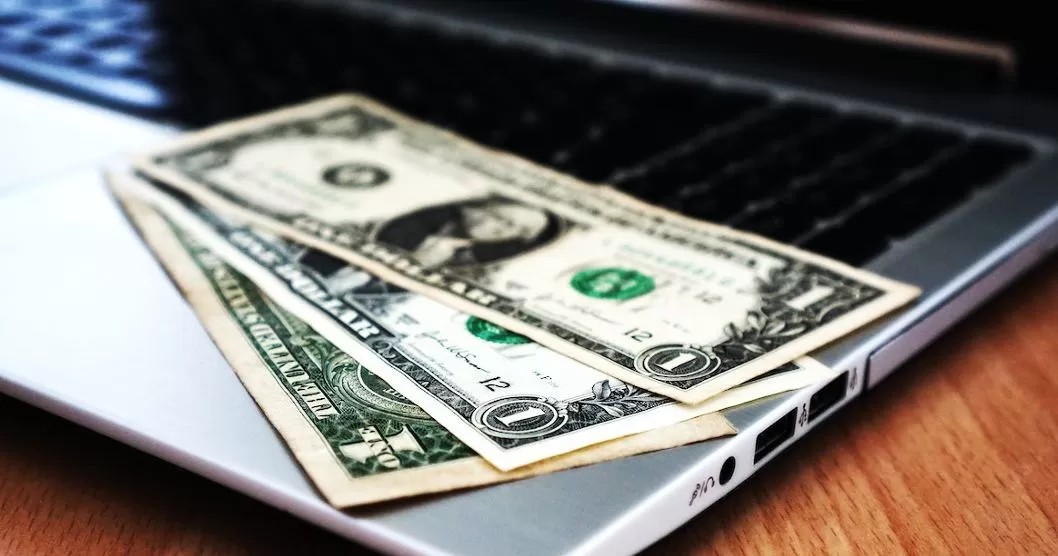Your bank statements are riddled with extra fees and penalties. You’re losing money on a regular basis and it’s completely unnecessary. Most banking fees are easy to avoid.
How Can You Avoid Overdraft Fees?
The biggest danger of overdraft fees is that they add up quickly. Every time you make a transaction with a negative balance, you’ll collect more fees. And if you take too long to bring your balance back up into the positives, your bank can charge you an extended overdraft fee. This could push you into a vicious debt cycle.
How can you avoid these fees? First, set up low balance alerts. This will let you know when your balance is close to empty so that you won’t make any transactions that will push it past zero. You will be aware that you’re close to the bottom. Setting up low balance alerts through your online banking app is easy. You can even customize the alert so that it notifies you at a specific dollar amount (for example, $200).
Second, follow a personal budget. A budget should help you organize your monthly expenses so that you don’t spend beyond your means. You can download one of the top budgeting apps on your smartphone or computer to get started.
How Can You Avoid Out-of-Network ATM Fees?
An out-of-network ATM is an ATM that is not affiliated with your bank. Whenever you decide to make a transaction through another bank’s ATM, you will face out-of-network ATM fees (sometimes called “foreign ATM fees”). Not only will your own bank charge you this fee, but the other bank will, too! While these charges are small, they can add up over time.
So, how can you avoid this situation? Stick to your bank’s ATM network. You won’t get charged fees for making withdrawals or deposits there. Your bank’s mobile app can help you find the locations of these ATMs whenever you’re out on the town.
If you want to make a cash withdrawal, and you can’t find an in-network ATM nearby, you could try to go to a retailer for help. Many retailers allow paying customers to ask for cash back at the register, without hitting them with an extra fee.
How Can You Avoid Early Withdrawal Penalties for CDs?
A Certificate of Deposit (CD) is a savings account that locks away your funds for a set term in order to help them accrue interest. If you try to withdraw your funds before that term is over, you will have to pay an early withdrawal penalty.
So, how can you avoid this penalty? One of the simplest ways to avoid this problem is to leave your Certificate of Deposit alone until it fully matures. Exercising a little patience will help you skip this extra charge.
If it’s an emergency and you’re desperate for money, you can find an alternative payment method like a loan. With the help of a loan, you can borrow money online now and cover the expense in a short amount of time. You will have to meet all of the qualifications to send in an application first. If you’re eligible, you can quickly send in your application and see whether you get approved. An approved loan could be a reasonable solution instead of sabotaging your savings in a CD.
Another way that you can avoid the problem is to sign up for a no-penalty CD. That’s right, there are versions of CDs that won’t charge you early withdrawal penalties if you make a withdrawal before the account matures. To compensate for this benefit, the accounts tend to offer lower interest rates than CDs with early withdrawal penalties. Assess whether this advantage is worth the slower growth to your savings.
Stop paying these unnecessary banking fees. Follow these tips and avoid them from this point forward!
